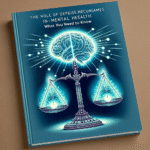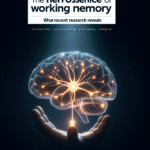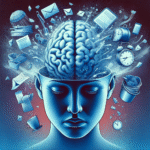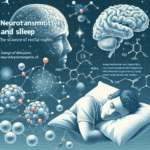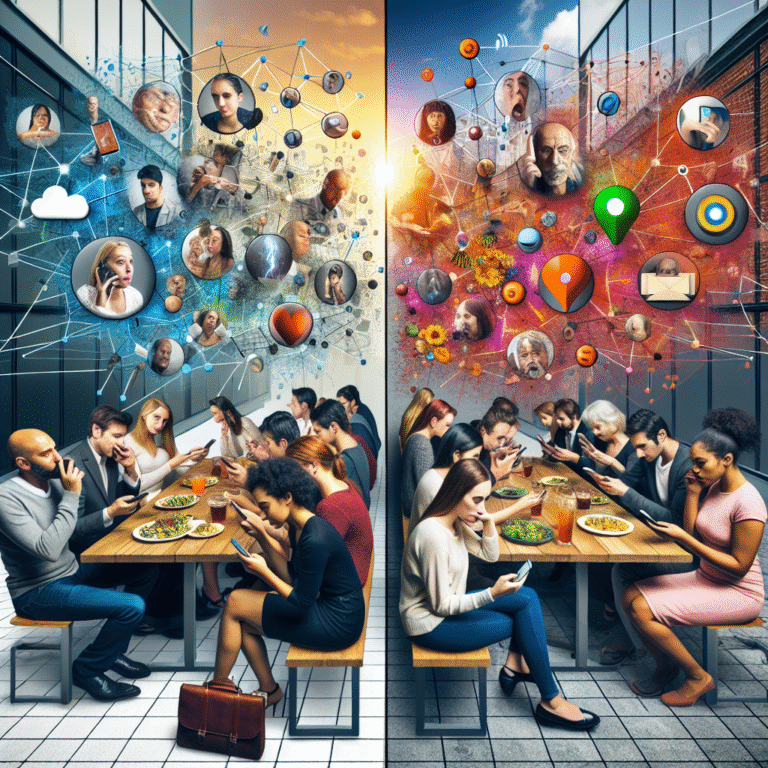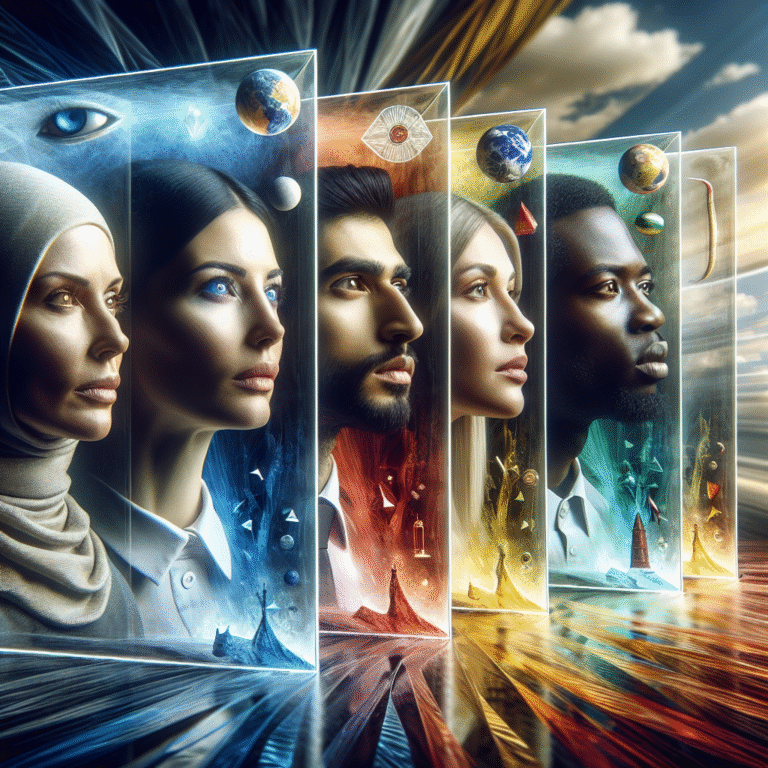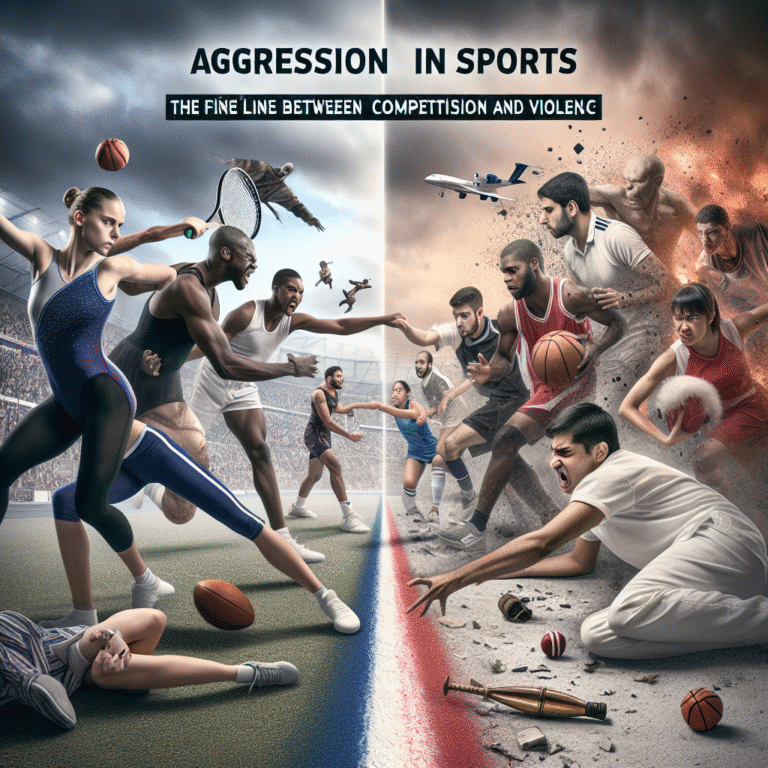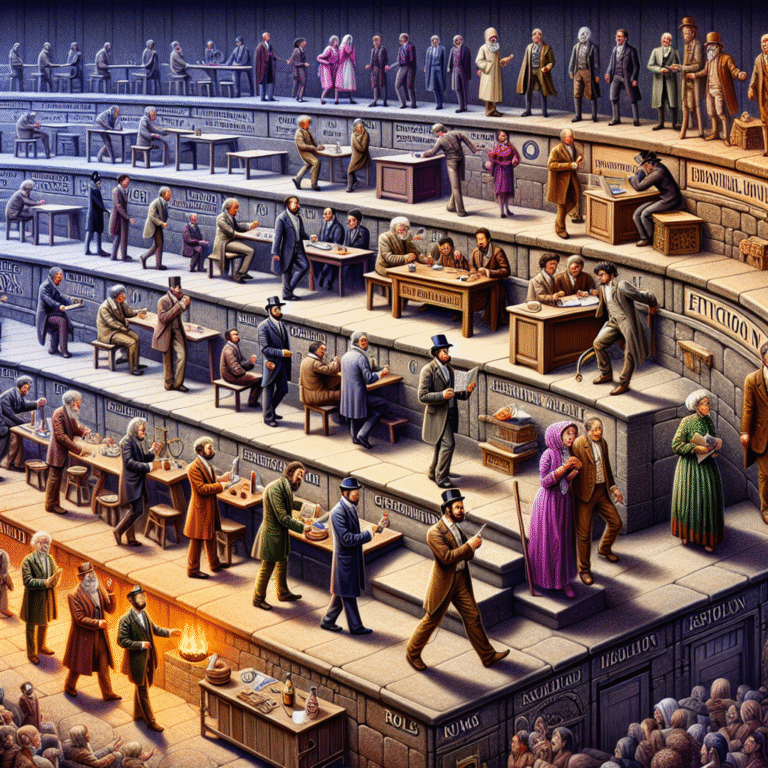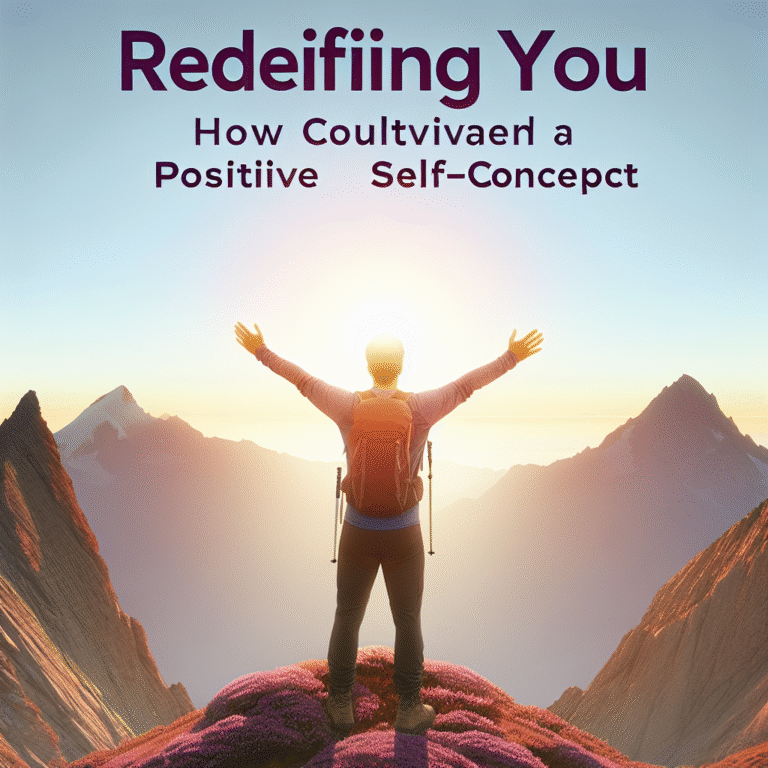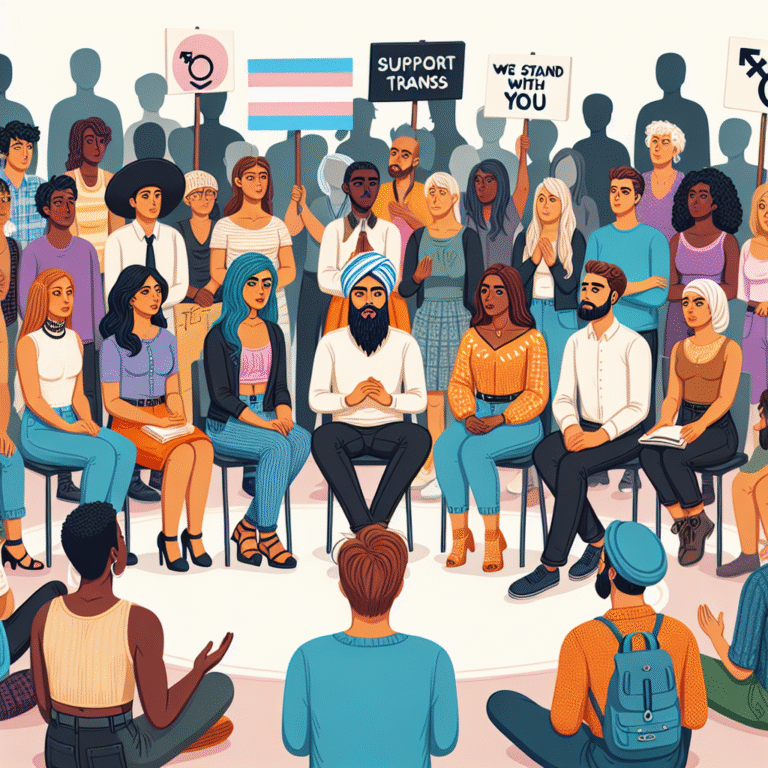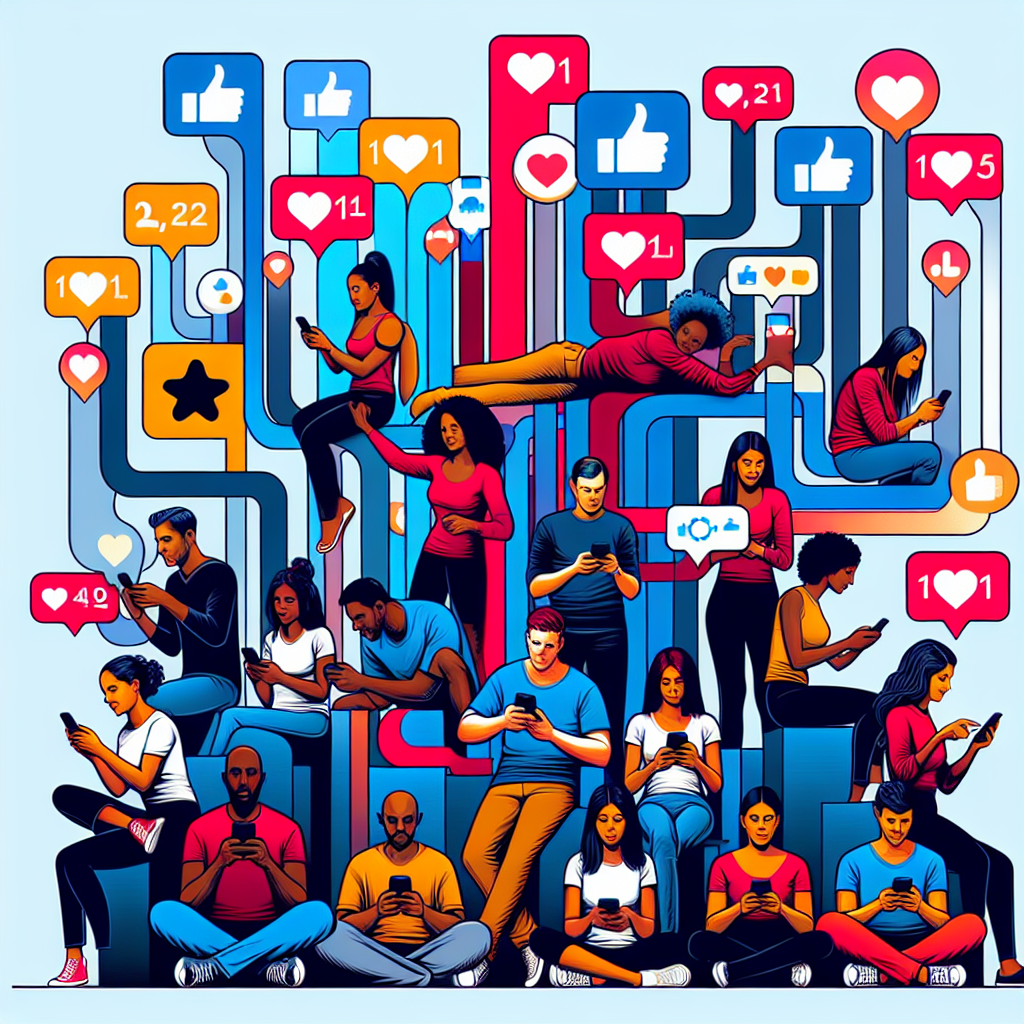
Introduction
In today’s hyper-connected world, social media has transformed the way we communicate, interact, and even perceive ourselves. The phrase "From Likes to Live" encapsulates a journey where superficial online interactions heavily influence real-life behaviors, relationships, and emotional well-being. With billions of users actively engaging on platforms like Facebook, Instagram, and TikTok, understanding the impact of social media on human behavior has never been more crucial.
This exploration is not just about likes or shares; it’s about the deeper, more profound effects these platforms have on our lifestyles, mental health, and societal norms. What begins as a simple quest for validation through likes can lead to significant shifts in how individuals live and connect with the world.
Let’s delve into this intricate relationship, highlighting the beneficial, detrimental, and often complex impacts of social media.
The Evolution of Social Media Engagement
A New Form of Communication
Social media reshapes communication, allowing instantaneous and global interactions. Gone are the days of waiting weeks for a letter. Today, a tweet can be broadcasted to millions in mere seconds. This can enhance relationships; however, it can also lead to misunderstandings and reduced face-to-face interactions.
Case Study: Teen Communication Trends
A survey conducted by the Pew Research Center indicated that 81% of teenagers regularly use social media platforms. The study revealed that while teens feel more connected than ever, they experience heightened rates of anxiety and loneliness. This indicates that while social media serves as a communication tool, it can also replace genuine human connection.
| Aspect | Before Social Media | After Social Media |
|---|---|---|
| Connection Opportunities | Limited to geographic location | Global, instant connections |
| Communication Style | Face-to-face, phone calls | Texting, DM, video calls |
| Emotional Impact | In-person support | Mixed emotions, anxiety |
The Psychological Impact of Likes
Validation and Self-esteem: The likes we receive can act as quick doses of validation, boosting our self-esteem. However, this reliance on external validation can be detrimental. According to a study by The American Psychological Association, individuals who seek approval through likes often experience more significant anxiety and depression.
The Downside: Comparison Culture
The phenomenon known as "comparison culture" impacts social media users deeply. With curated lives on display, many are prone to comparing themselves to the polished images of others. This desire for perfection can foster profound feelings of inadequacy and dissatisfaction.
Case Study: The Instagram Effect
A study from the University of Pennsylvania revealed that individuals who limited their social media usage to 30 minutes per day experienced significant reductions in feelings of loneliness and depression. This case highlights the correlation between time spent on these platforms and emotional well-being.
Social Media and Identity Formation
Creating Online Personas
Young adults and teens are particularly vulnerable to shaping their identities based on their online presence. The pressure to conform to perceived ideals can lead to mental health issues, particularly among marginalized groups.
The Power of Influencers
Influencers play a pivotal role in shaping behaviors, opinions, and purchasing decisions. With their ability to connect authentically with followers, they can drive movements, ideals, and trends.
Case Study: The Influencer Economy
The rise of beauty influencers has significantly impacted consumer behavior. Brands have shifted their marketing strategies from traditional advertising to collaborations with influencers, illustrating how social media is reshaping the marketplace.
| Metric | Before Social Media | After Social Media |
|---|---|---|
| Brand Influence | Celebrity endorsements | Influencer partnerships |
| Consumer Trust | Limited to reviews | Influencer testimonials |
| Engagement Rates | Static advertisements | Interactive campaigns |
Mental Health: The Double-Edged Sword
The Dark Side of Social Media
While social media can foster community and support, it can also perpetuate feelings of isolation and despair. The constant barrage of negative news, bullying, and comparison can lead to severe mental health crises.
Case Study: The Impact of Cyberbullying
A study by the Cyberbullying Research Center found that about 34% of students reported experiencing cyberbullying during their lifetime. The consequences are dire, leading to depression, anxiety, or even suicidal thoughts.
Navigating Social Media Mindfully
Discernment in social media engagement is essential. Setting boundaries, curating feeds, and taking breaks can create a healthier relationship with technology.
Building Genuine Connections in a Digital World
The Role of Community Groups
Social media has also given rise to niche communities that offer support and connection, particularly for those with shared interests or struggles. These communities can provide a sense of belonging that might be absent from one’s immediate surroundings.
Positive Movements
Social media has been instrumental in mobilizing social justice movements, allowing marginalized voices to be heard. Movements like #MeToo and Black Lives Matter gained traction through social media, showcasing its potential for positive societal impact.
Case Study: The #MeToo Movement
The #MeToo movement demonstrates how social media can empower individuals, creating a platform for survivors to share their stories. This case exemplifies social media as a tool for social change, encouraging activism and shared experiences.
Conclusion
The journey from "likes to live" is a complex one, where social media serves both as a mirror reflecting our society and a window into new possibilities. While the pressures of online engagement can skew perceptions and behaviors, they can also foster connections, support, and social change.
As we navigate this digital landscape, it is imperative to remain aware of our usage and its effects. By leveraging the positive aspects of social media while mitigating its downsides, we can cultivate a healthier relationship with technology.
Takeaway
Ultimately, social media should enhance our lives, not dictate them. Awareness, mindfulness, and authenticity are key as we transition from seeking likes to truly living.
FAQs
1. How does social media affect mental health?
Social media can lead to both positive and negative mental health outcomes. It can foster connections but also promote feelings of inadequacy and anxiety through comparison.
2. Is there a way to enjoy social media without negative effects?
Yes! Limiting time spent on social media, curating positive feeds, and taking regular breaks can help mitigate adverse effects.
3. What is the role of influencers in shaping behavior?
Influencers can significantly impact consumer behavior and social trends. Their authentic connections with followers enable them to drive movements and ideals.
4. How can social media support social causes?
Social media provides a platform for marginalized voices and mobilizes communities for social justice. Campaigns and movements can gain visibility quickly through these channels.
5. What should I do if I’m feeling overwhelmed by social media?
If social media feels overwhelming, consider taking a break, seeking support from trusted friends, or even speaking to a mental health professional to navigate these feelings effectively.
By framing our use of social media with intention and awareness, we can transform our online experiences from mere likes to meaningful, lived connections.
